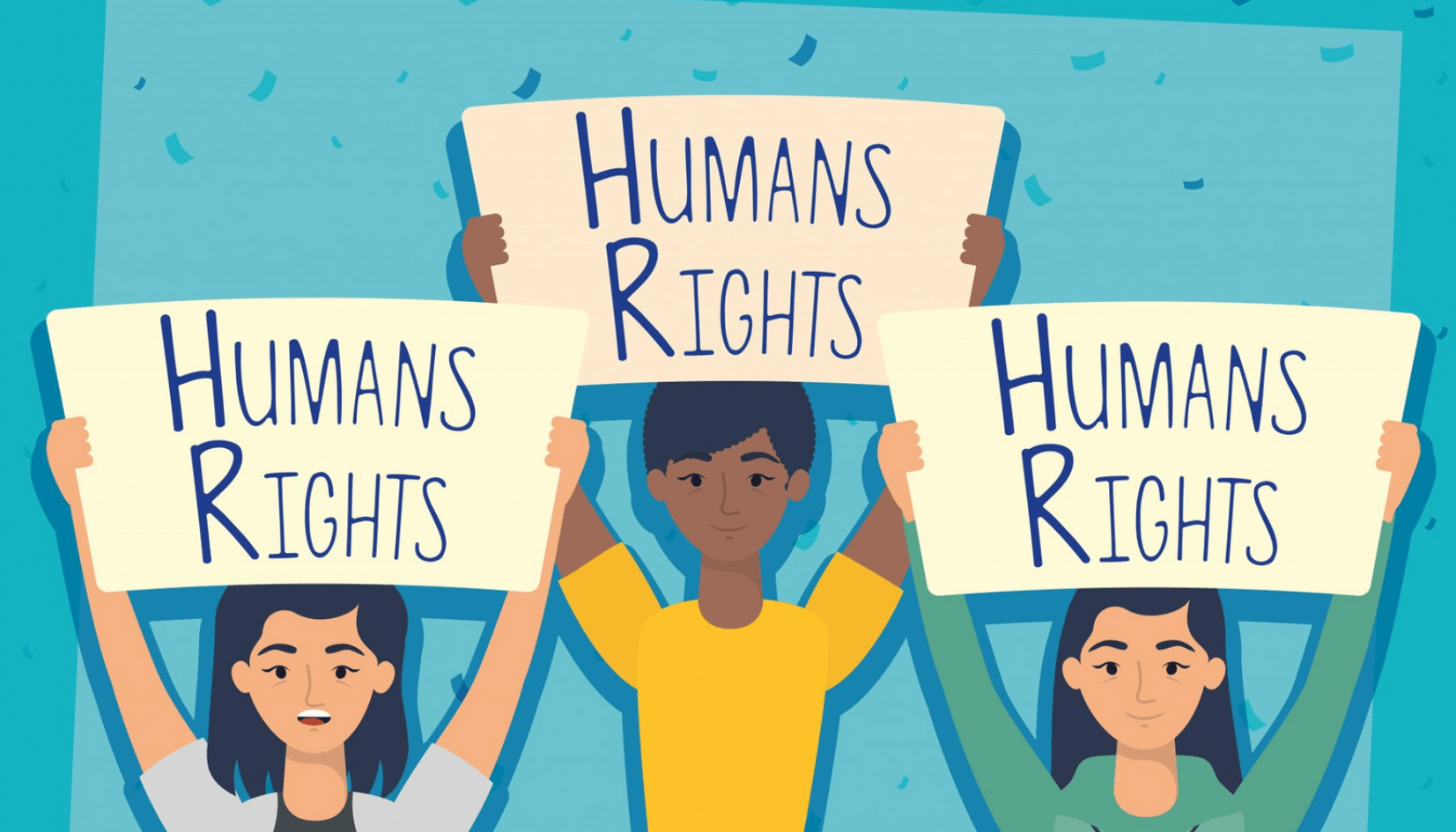Direct, Indirect, and Excise Taxes in India
25 Feb, 2525
Forced sterilization is a grave violation of human rights that has affected vulnerable populations worldwide. It involves sterilizing individuals without their informed consent, often targeting marginalized communities, including women, people with disabilities, and socioeconomically disadvantaged groups. This practice raises serious ethical, legal, and human rights concerns.
Forced sterilization refers to medical procedures conducted without a person's voluntary and informed consent, rendering them incapable of reproduction. Governments and medical institutions have historically used it as a tool for population control, eugenics, or suppressing specific groups.
Violation of Bodily Autonomy: Every individual has the right to make decisions about their own body. Forced sterilization denies this fundamental right.
Gender and Socioeconomic Discrimination: Women and marginalized groups are disproportionately affected, reinforcing gender and class inequalities.
Lack of Informed Consent: Medical ethics require that patients provide informed consent before undergoing any procedure. Forced sterilization often happens without full disclosure of its consequences.
Legal and Ethical Violations: Many international agreements, such as the Universal Declaration of Human Rights and the Convention on the Elimination of All Forms of Discrimination Against Women (CEDAW), condemn forced sterilization.
While forced sterilization has been widely condemned, some nations have continued coercive sterilization programs under the guise of family planning or social welfare policies. In India, sterilization has been used as a population control measure, particularly in rural and economically disadvantaged communities. The Supreme Court of India has recognized the need for reforms to prevent coercion and ensure informed choice in family planning initiatives.
Psychological Trauma: Victims often suffer from mental health issues, including depression and anxiety.
Health Risks: Sterilization procedures, when conducted without proper medical oversight, can lead to severe complications or even fatalities.
Loss of Reproductive Rights: It permanently takes away an individual's ability to have children, violating their fundamental rights.
Legal Reforms: Stronger laws and accountability measures must be implemented to prevent coercive sterilization practices.
Education and Awareness: People must be educated about their reproductive rights to make informed decisions.
Compensation and Justice for Victims: Governments should provide compensation and rehabilitation for those affected by forced sterilization.
Forced sterilization is a serious human rights violation that undermines individual freedom and dignity. Legal and social reforms, along with strict enforcement of ethical medical practices, are necessary to prevent such injustices in the future. Every person deserves the right to make informed choices about their reproductive health, free from coercion or discrimination.
0 Comments